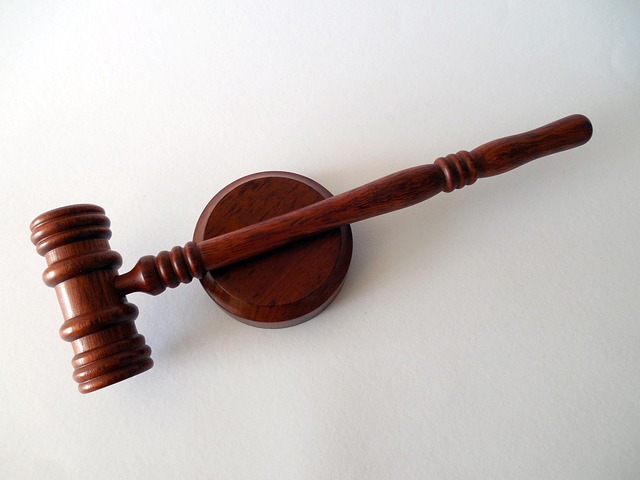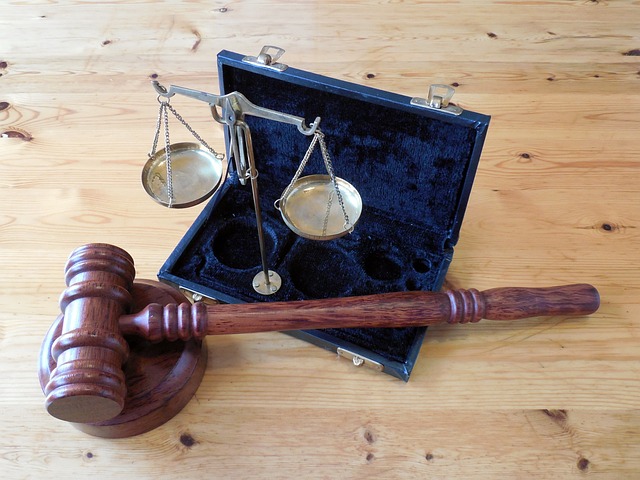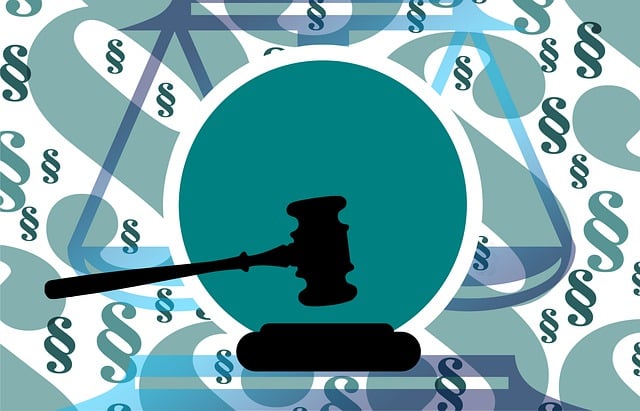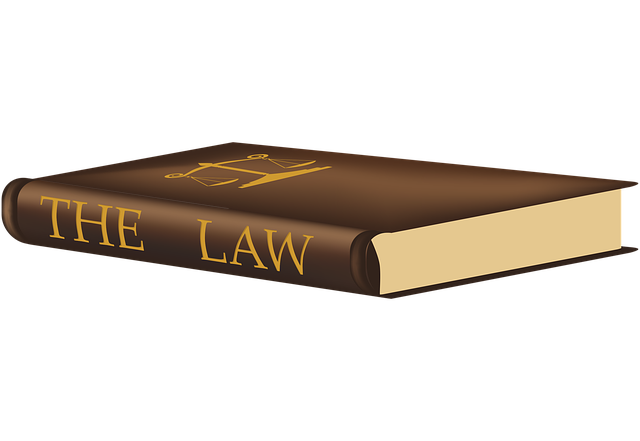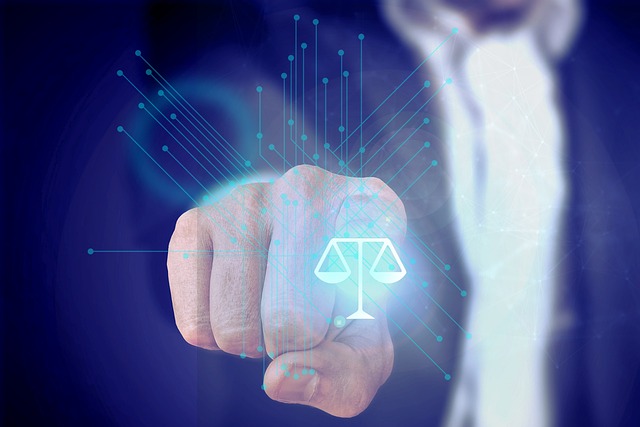Environmental crime cases require specialized knowledge and Criminal Trial Jury Selection Strategies due to complex scientific evidence and significant consequences. Effective communication during jury selection is crucial for achieving just verdicts, with strategies focusing on engaging jurors' understanding of ecological concepts and environmental stewardship through thorough research, impactful case articulation, and balancing legal aspects with environmental factors.
Environmental crime trials are a crucial aspect of holding perpetrators accountable for damaging our planet. This article delves into the complex world of these cases, offering insights on understanding unique challenges, effective jury selection strategies, and analyzing successful outcomes. From recognizing subtle evidence to navigating public perception, each step is vital in securing justice. We explore how criminal trial jury selection techniques play a pivotal role in determining the fate of environmental cases, ensuring fair and impactful resolutions.
- Understanding Environmental Crime Cases
- Jury Selection: Key Strategies for Success
- Impact and Challenges in Trial Outcomes
Understanding Environmental Crime Cases
Understanding Environmental Crime Cases involves recognizing the unique challenges they pose in criminal trials. These cases often revolve around complex issues like pollution, habitat destruction, and resource depletion, which require specialized knowledge to navigate. Jurors need to grasp the scientific and regulatory frameworks governing environmental protection to make informed decisions. Effective Criminal Trial Jury Selection Strategies are paramount here, focusing on identifying individuals who possess a basic understanding of ecological concepts and a commitment to environmental stewardship. This process ensures that the jury can appreciate the gravity of the crimes and deliver just verdicts.
In navigating these cases, achieving extraordinary results demands a comprehensive approach. Prosecutors must assemble robust evidence, including expert testimonies and scientific data, to demonstrate the impact of the alleged crimes on ecosystems and communities. Engaging with philanthropic and political communities can also be strategic, as these entities often have resources and insights that can aid in both investigation and public awareness campaigns. Ultimately, successful Environmental Crime Trials hinge on a jury’s ability to understand the intricate web of issues at play and deliver justice accordingly.
Jury Selection: Key Strategies for Success
Selecting a jury for an environmental crime trial requires strategic planning and expertise. It’s crucial to find jurors who can set aside personal biases and understand the complexities of environmental issues, ensuring a fair and informed decision. One key strategy is to thoroughly research potential jurors through questionnaires and background checks. This helps attorneys identify any preconceived notions or conflicts that might affect their impartiality.
During the actual selection process, lawyers should effectively communicate their client’s perspective, highlighting how environmental crimes impact communities and ecosystems. For his clients, this involves framing the case in a way that resonates with the jury’s sense of justice and responsibility. By employing these Criminal Trial Jury Selection Strategies, attorneys can achieve extraordinary results, ensuring that the trial reflects the gravity of the environmental offenses at hand.
Impact and Challenges in Trial Outcomes
Environmental crime trials present unique challenges that significantly impact their outcomes. One of the primary difficulties lies in jury selection strategies, as these cases often involve complex scientific and technical evidence. Effectively communicating such intricate matters to potential jurors is crucial for reaching a just verdict, especially in high-stakes cases. The complexity demands innovative Criminal Trial Jury Selection Strategies to ensure a balanced and informed panel.
Moreover, the stakes are high when it comes to environmental crimes, given their potential long-lasting impact on communities and ecosystems. This has led to an unprecedented track record of successful prosecutions, where accused parties have faced severe consequences, including complete dismissal of all charges for those who can prove their innocence beyond a reasonable doubt. However, navigating these cases requires meticulous planning and understanding of both the law and the specific environmental factors at play.
Environmental crime trials, encompassing complex cases of ecocide and pollution, demand unique strategies. By understanding the nuances of these cases and employing effective jury selection tactics, legal professionals can navigate the challenges and secure impactful outcomes. Focused jury selection strategies, informed by a deep grasp of environmental issues, are pivotal for success in these high-stakes criminal trials.
